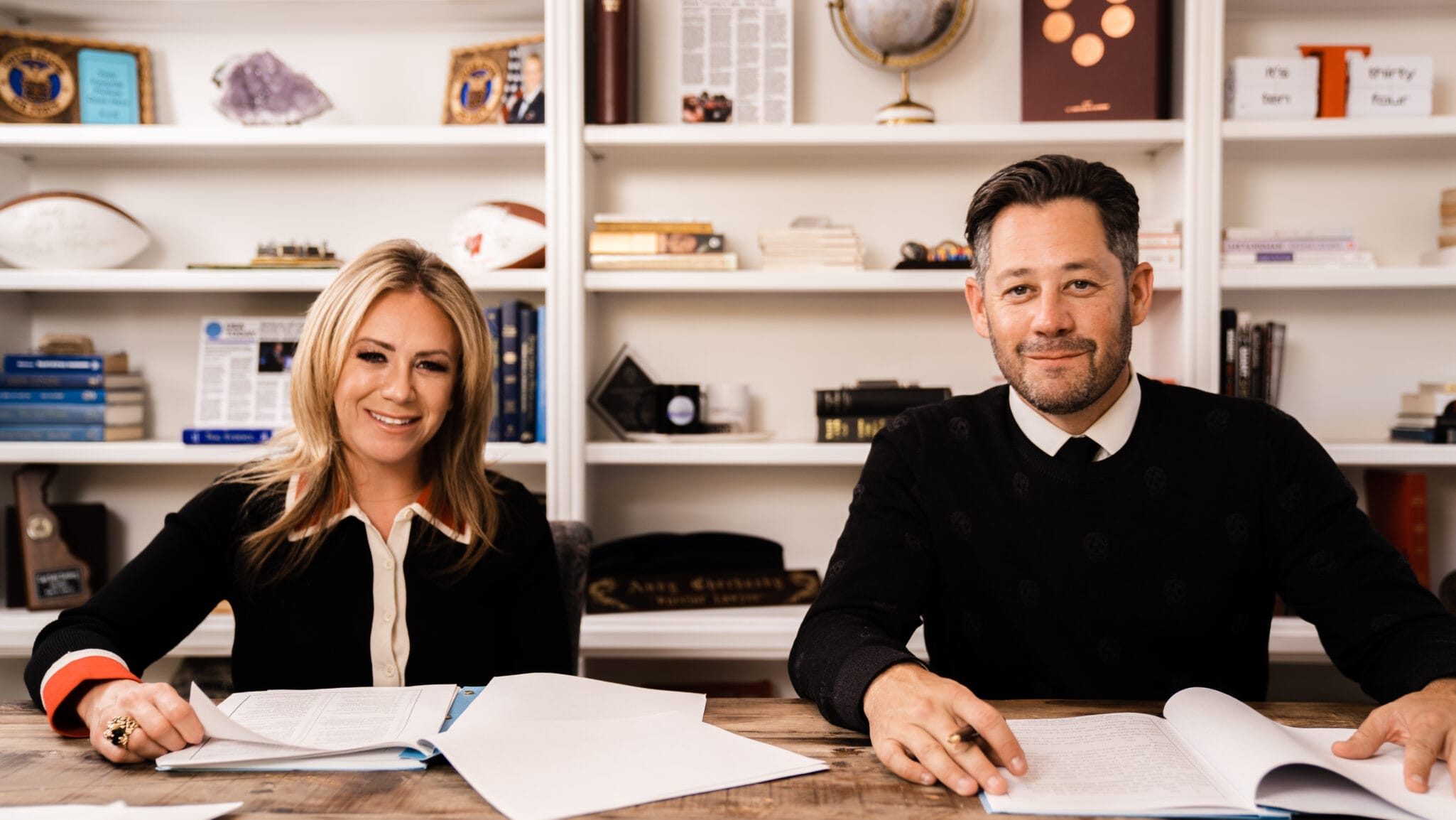We are the best military defense attorneys because of our combination of success, willingness to defend the most difficult cases, ability to persuade within the rules of court, and the mastery of the law. Our website name drives that point home that we are the best military defense attorneys! In our continuing series of blogs about what makes the best military defense attorney better than the rest, we explore what it means to have a willingness to defense the most difficult cases.
Complicated Court-Martial Case
Every case that’s brought to a court-martial is complicated because it wouldn’t be at trial if there wasn’t a prosecutor on the other side trying to obtain a conviction. That means there is evidence against the accused and a closing argument meant to persuade a panel of members to find you guilty. That alone makes a case complicated. We’ll call this the basic degree of difficulty of any criminal trial.
The basic degree of difficulty requires the persuasive ability to convince that panel of members that the burden of proof beyond a reasonable doubt requires more evidence and certainty than the case presented by the prosecution. Believe it or not, the basic ability to effectively convince the jury to require an exceptionally high level of proof is not an easy task and is routinely botched by inexperienced counsel, or worse, experienced counsel that are purely cocky and disinterested in the actual trial outcome.
It’s easy for a jury to convict if they believe their senior command desires such an outcome and/or if they merely believe the accused person probably did something wrong. We convince the jury about the importance of the high degree of proof needed to convict by emphasizing the Constitutional obligation to ensure the burden of proof is applied. The only way to convince on this topic is to deeply connect to the emotions of the jury. I was once told by a forensic psychologist of over 20 years that my closing argument restored her faith in the justice system. The point being – the importance of the burden of proof cannot simply be discussed, but rather, your attorney needs to make the jury emotionally care to require such a high level of proof.
Will I Lose At Court-Martial?
Although every court-martial is difficult, some cases have objectively bad-facts. A bad-fact is a piece of evidence that suggests guilt and does not have an obvious innocent explanation. The best example would be a confession to a crime. A confession to a crime is certainly evidence that the crime occurred, and, to a prosecutor, a sure-fire path to victory. However, there are many reasons why a person may confess to a crime they did not commit.
The best military defense attorney will take a case with “bad facts.” Others will not. A successful military defense attorney has enough potential work to turn away clients that don’t fit well with that attorney’s focus. For many military defense attorneys, a case with “bad facts” will simply be turned away so they don’t have to potentially lose a case and effect their future marketing. For other attorneys, it’s an effort to secure as much money from the client as possible before recommending the case plea out.
For us, a case with bad-facts means we are doing what we are trained to do – defend those cases with the highest degree of precision and expertise that nobody else wants to touch. I gave the example of a case with a confession. We not only take cases with confessions, we’ve never lost a sexual assault case with a confession, and we’ve tried dozens.
Winning at Court-Martial
The goal is always to win. In all of our cases we remain crystal-clear with our clients that results cannot be guaranteed, and we try our best not to predict outcomes. We don’t predict outcomes because the outcome is dependent on so many factors, to include the tremendous hard work we put into preparing a case knowing that no matter how strong or weak the facts are, our presentation of the case will be the central factor in the jury’s decision at court-martial.
Many “salesman-attorneys” will walk the fine line of expressing their confidence of victory to get the client to sign the contract, and then to make sure they keep paying as they get closer to trial. Many of those clients call us from the brig to do their appeal after they’ve been convicted. There’s one specific civilian attorney that spends more time marketing himself and bashing other attorneys on his website than he does prepping his cases. I ran circles around this attorney when I was a prosecutor, he still hands off the hard-work in a case to his junior military attorney assistants, and his clients have hired us from jail on multiple occasions to appeal the cases he’s lost. He’s never been hired to appeal a case we lost.
I make the point above about unscrupulous attorneys because the commitment to working your case first, before working on their marketing, is obviously more important to you. Here are some basic questions to ask during any consultation:
Questions to Ask a Military Attorney

#image_title
Who will write and argue motions (requests to the judge to rule on legal issues)?
Who will submit expert and witness requests?
Who will do voir dire (the questioning of jurors to determine who should sit on your panel)?
Who will do the opening statement
Who will collect character letters on your behalf?
Who will present a sentencing case if that should happen?
Who answers the phone when I call?
Other attorneys, specifically the one referenced above, have made a career of trying to determine how to maximize profits and minimize actual work. If your civilian military attorney isn’t answering all of those questions with “I will”, you’re getting taken for a ride. You would be better off saving your money and having the military attorney do the case alone. The best military defense attorney takes primary responsibility for all aspects of the case.
Best Military Defense Attorney
If you are going to spend the amount of money necessary for the best military attorney at your court-martial, make sure they are actually dedicated to using their knowledge and experience to fight throughout the entire trial, not just the cross examination of an important witness and closing argument. The best military defense counsel is an attorney first, not a businessman.






